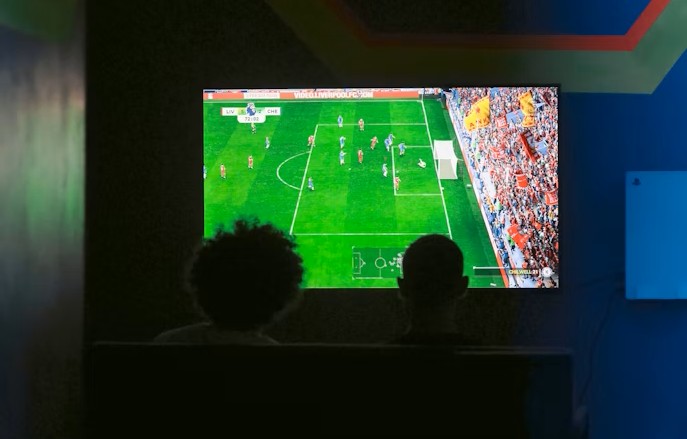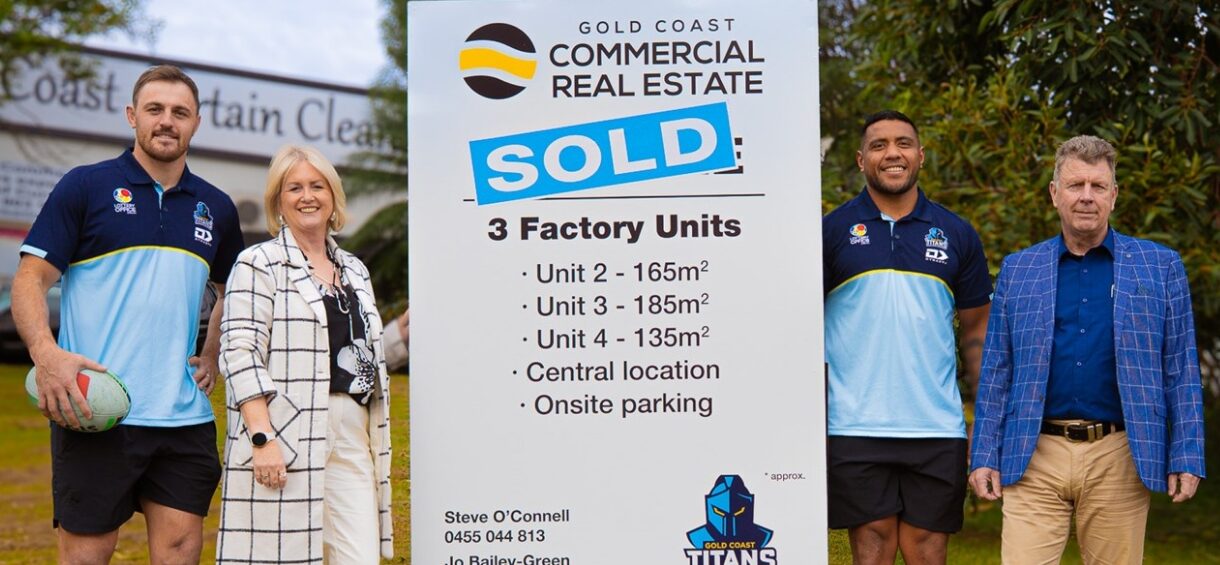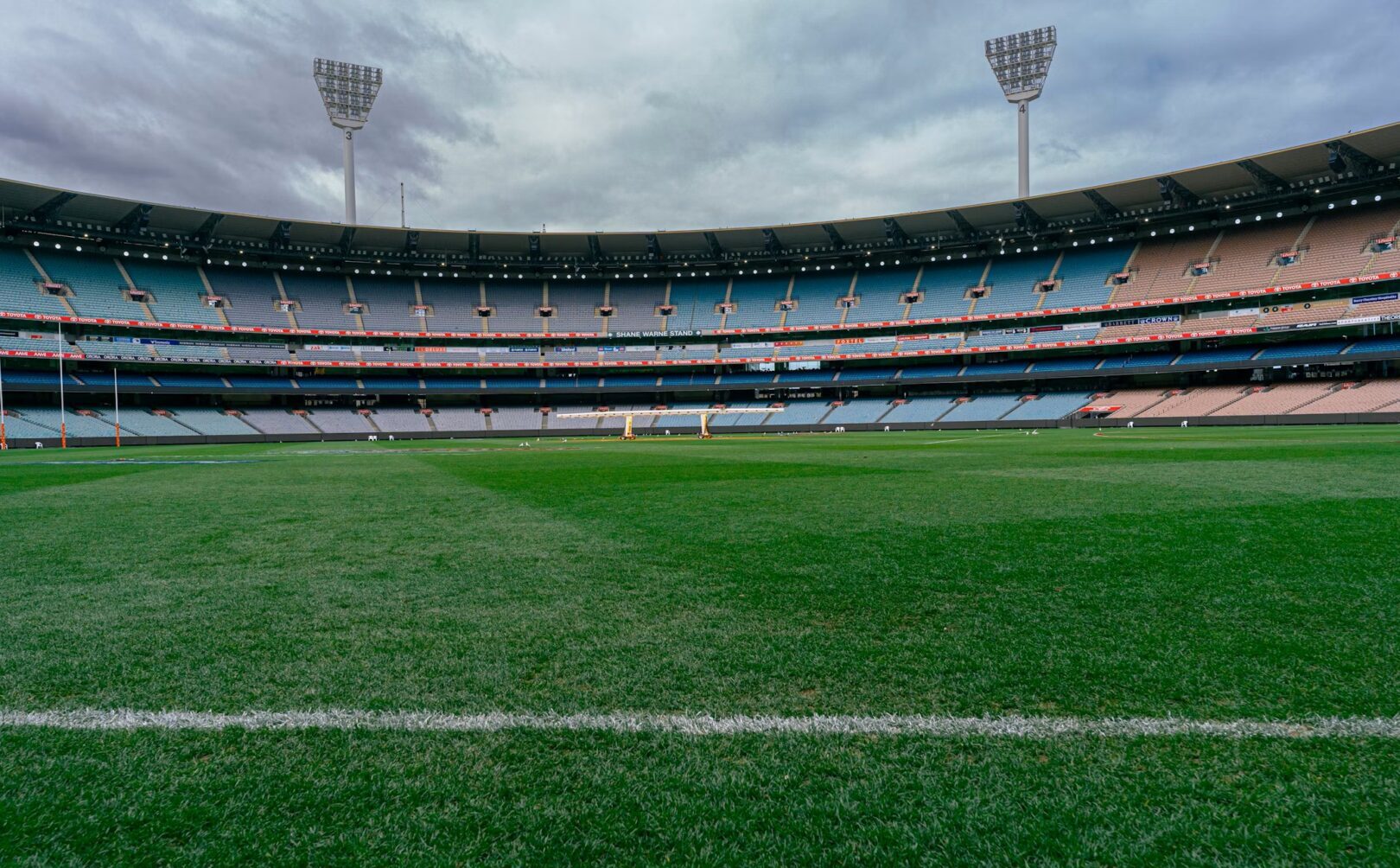Sport Science Takes Another Leap By Rating Rugby Players Across The World

In an era where sports science and analytics are starting to influence decision-making in sport at every level, ground-breaking research is being implemented all across the world in an effort to get the upper hand on the competition.
This is in large part, thanks to sports scientists such as Dr Paul Bracewell, who has produced a model for rating more than 3000 professional rugby players across the world.
Dr Bracewell told Stuff.co.nz he has been able to quantify the moments that really help teams win, in order to objectively measure the performance of individuals in a team sport.
“These are team sports,” he said.
“You are doing something for the greater good within the team context so what do you need to do at any point in time to help your team’s chances of winning?
“So, that takes into consideration the match context.
“So, if you drop the ball at nil-all three minutes into the game that doesn’t mean the same thing if you drop the ball with the line open with one minute to play and you are down by three points.
“The challenge you’ve got is players playing in different positions, different roles different match structures – how do you go through and understand what they were trying to do and how they contributed to that sequence of play?
“So being able to isolate those key moments, you can start to see how you contributed to how well your team did in that phase of play,” Dr Bracewell said.
Values are allocated to the many actions a player takes during a game and after all this data is collected and processed, each player is given a final score.
By using data collected over a two or three-year period, Dr Bracewell claims he is able to help predict how a player will perform in the next week.
“What it uses is an exponentially weighted moving average,” he said.
“What that means is that current rating is a combination of the latest performance plus what the rating was before the game.
“Currently the weighting is 15 per cent towards the latest game and 85 per cent towards the history and so it’s slow to move.
“The big question is why we’ve chosen that number, but we’ve found that weighting is the best predictor of [how] someone is going to go in the next game,” Dr Bracewell said.
If sporting organisations can manage to correctly implement data from this extensive model, it would not only influence decision-making to deliver greater success and performance going forward, but it would also place a price tag on players based on performance and not emotion – as seen in fantasy leagues around the world.
You can view the model here.
It's free to join the team!
Join the most engaged community in the Sports Business World.
Get all the latest news, insights, data, education and event updates.






